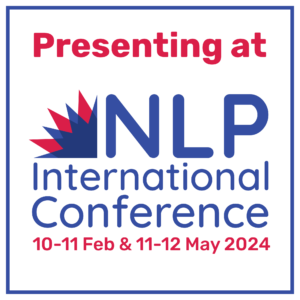“Whether You Think You Can or Whether You Think You Can’t – You are Right.” Breaking Down Beliefs About the word ‘Can’t’
Apparently it was Henry Ford that first said this quote and it’s often used to demonstrate how much attitude can determine our success in any given pursuit.
If someone uses the words I can’t in a sentence it’s worth further investigation, quite often I can’t is a legitimate expression of a lack of capability. It is however important to understand more – you need to clarify what specifically they mean when they use the phrase ‘I can’t’.
Lets look at 2 examples, work and health: ‘I can’t manage this person.” or “I can’t lose weight.”
Questions such as ‘Do you need to do a course in management / exercise and healthy eating?’ – implies the problem is a lack of capability. But is that really the problem? I have often found that an area where people struggle often means they know lots about the subject already!
I would now like to bring three parts of another model by Robert Dilts, called the Logical Levels:
Identity
Beliefs & Values
Capability
I would ask them to explore the next level up around beliefs and values:
How did the belief that it is not possible for them to manage people (or their own health) come about?
They might say, “I have tried everything and nothing works.” They may also say, they dislike managers who become lonely and controlling, meaning they value freedom and being ‘part of the gang’. They may also value success and money – hence a conflict.
Is it true they can’t manage people? Or will they have to work out which is more important for them and find a way to obtain a sense of belonging and connection outside of work?
Where did these beliefs come from and are they still relevant today?
Lastly, ‘I can’t’ could mean something at the level of Identity: I don’t deserve to be successful, or rich people are bad people. Healthy people are boring and I am a fun person etc.
In our NLP Practitioner training, we cover effective approaches from NLP to unpack where these ideas originated and powerful ways for a person to honour their past.
Then they can find ways of thinking that reflect who they are today and hopefully say, I choose to manage people / my health (or not), but I can!
If you are interested in learning more about any of the above and much more, join us for 3 days in March for module 1 of our NLP Practitioner training.
Look at our upcoming courses and events
Free evening with Judith DeLozier on Somatic Syntax and COACH State
How to Coach with NLP (Practitioner module 1) 16-18 March
NLP Practitioner with Advanced Coaching 10 days over 3 modules, starts 16 March









